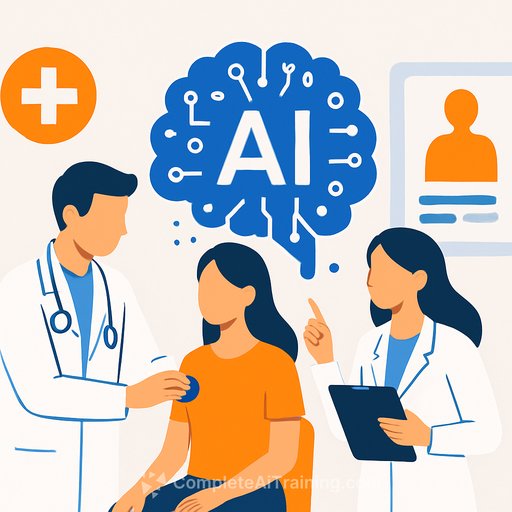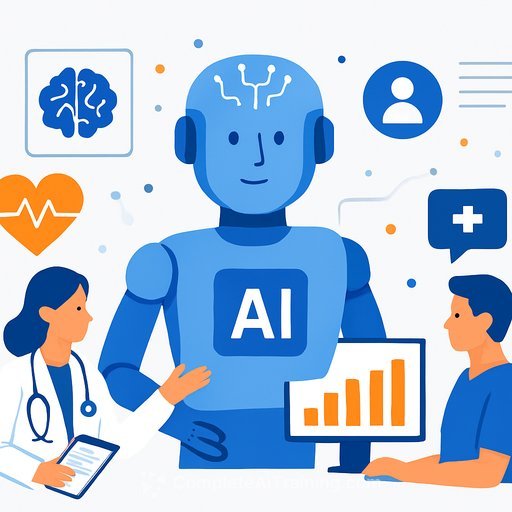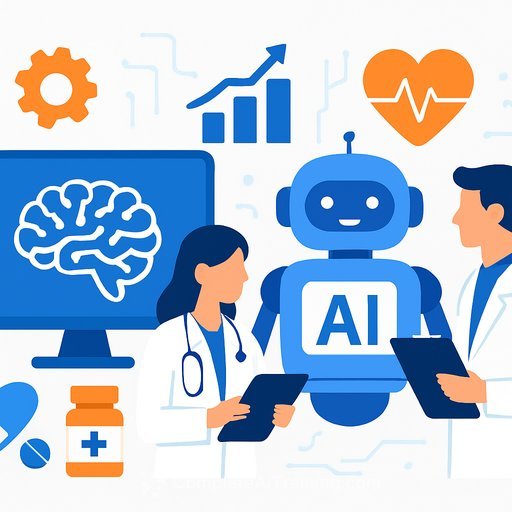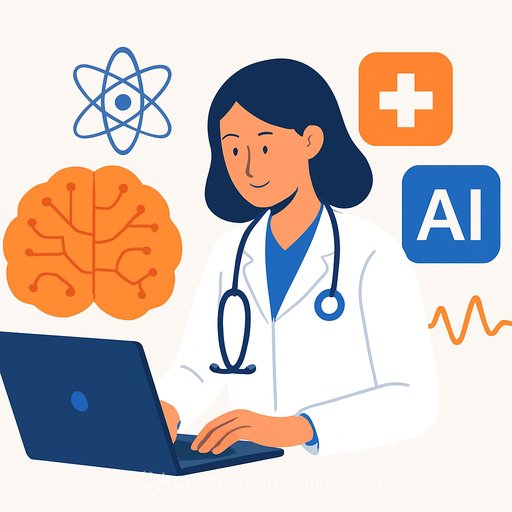Trust Is the Missing Piece in AI Healthcare, Says Philips Report
August 07, 2025
The Future Health Index 2025 highlights one clear message: human confidence is essential to unlock the full potential of AI in healthcare. Royal Philips has released findings from its latest report that reveal Australians are ready to accept AI in healthcare—but only if it supports, rather than replaces, the doctor-patient relationship.
Patient and Provider Perspectives on AI in Healthcare
More than 1,000 Australian patients and healthcare professionals shared their views in this report. Both groups see AI as a way to tackle pressing issues like care delays and staff burnout. However, they agree that AI’s primary role should be to empower clinicians, enabling more meaningful and human-focused care.
Shehaan Fernando, interim Managing Director of Philips Australia and New Zealand, emphasized, “Technology must serve the human connection. For patients, trust in AI is as important as the technology itself. Philips is committed to AI that strengthens, not weakens, the doctor-patient bond.”
Patients Welcome Technology but Value Personal Relationships
The report reveals a clear tension. While 66% of Australians are open to new technology if it improves care quality, 53% worry it might reduce direct interaction with doctors. This concern reflects Australia's reliance on GPs as the cornerstone of healthcare.
Patients envision AI primarily as a support tool that handles administrative duties and streamlines data access. This would free up GPs to focus on deeper, more meaningful consultations.
Healthcare professionals echo this need. Three in four (74%) report losing clinical time due to incomplete or inaccessible patient data. Nearly one in five (19%) lose more than 45 minutes per shift, adding up to 23 days lost annually per professional. AI’s ability to manage patient data efficiently could reclaim this lost time, allowing clinicians to focus on patient care.
Doctors as Trusted Guides for AI Integration
Trust in AI starts with doctors. A significant 79% of Australians prefer to receive information about AI in their care from their doctor, over news outlets (48%) or social media (31%). This shows clinicians remain central to public acceptance of AI.
However, healthcare professionals face uncertainties themselves. About 77% are concerned or unclear about liability for AI errors. Patients tend to be less optimistic about AI benefits (43%) compared to healthcare providers (84%), revealing a trust gap that needs addressing.
Dr Tim Bowles, Head of Department at East Metropolitan Health Service in Western Australia, said, “AI helps us diagnose earlier and personalise treatment. It reduces administration time, letting us spend more time with patients and preserve the human element of care.”
Philips’ Role in Human-Centred AI Innovation
Philips is working with healthcare services like EMHS to improve patient-centred care through AI-powered solutions such as virtual hospital services and Clinical Command Centres. These tools use machine learning and predictive analytics to detect patient deterioration earlier and support faster interventions.
Adam Lloyd, Area Director Community & Virtual Care at EMHS, shared, “AI integration in clinical workflows has led to safer, more effective care by enabling earlier detection and intervention.”
- 26% reduction in patient mortality
- 30% reduction in length of hospital stay
- 15% of patients discharged home sooner
Over 10,000 clinical interactions were facilitated in 12 months, with 10% addressing urgent or life-threatening issues and 64% occurring after hours or on weekends. Philips’ approach helps healthcare professionals focus on patient care when it matters most.
Shehaan Fernando concluded, “Our goal is responsible, human-centred AI that solves real problems for patients and providers. Working closely with the medical community, we aim to build trust, improve outcomes, and provide better care for more people.”
For more information or to download the full Future Health Index 2025 Australia report, visit Philips' official site.
Your membership also unlocks:






